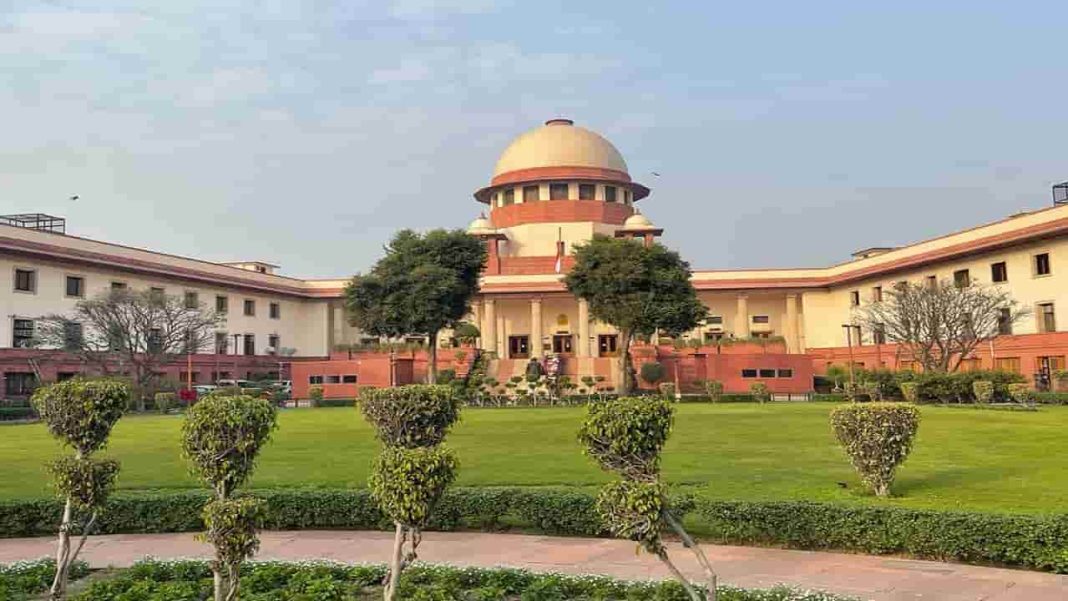The Supreme Court was told by the Election Commission of India (ECI) that due to the absence of law against hate speech and rumour mongering during polls, it has to resort to the Indian Penal Code (IPC) and the Representation of People (RP) Act for the purpose of ensuring that members of political parties dont indulge in making statements that can create disharmony.
The ECI was responding on a plea that was filed by lawyer Ashwini Upadhyay who was seeking Centre to take apposite steps to implement recommendations on hate speech which were given by the Law Commission Report .
In his plea , Upadhyay has said “The injury to the citizens is extremely large because ‘hate speech and rumour-mongering’ has the potential of provoking individuals or society to commit acts of terrorism, genocides, ethnic cleansing, etc. He had added that hate speech is considered outside the realm of protective discourse.
The affidavit by the Election Commission said that “In the absence of any specific law governing hate speech and rumour mongering during elections, the Election Commission of India employs various provisions of the IPC and the RP Act, 1951 to ensure that members of political parties or even other persons do not make statements to the effect of creating disharmony between different sections of society,
The ECI stated that as per the 267th report of the Law Commission of India, there has been no recommendations with regard to a Apex Court query (with the conferred power of ECI to derecognise a political party, or disqualifying its members for committing the hate speech.
The Election Commission said that the Law Commission had only suggested amendments in the criminal law for penalising the offence of incitement to hatred and causing fear, which is
often interconnected with appeals to religion, caste, community, etc, during election campaigning.
The ECI referred to the Abhiram Singh case, which held that any appeal to vote or refrain from voting by a candidate which is based on the grounds of religion, caste, race, community or language would amount to corrupt practice under the 1951 Act”.
The ECI however said that though the Model Code of Conduct had no “legal sanctity”, the ECI said it had introduced guidelines in the Code asking parties to desist from making communal statements.
ECI also added that if there is a complaints made, a strict note is made along with issuing show cause notice to the candidates concerned.
The affidavit also said that the Election Commission has taken many measures against the defaulting candidate/person, like issuing advisories cautioning them or prohibiting them from campaigning for a specified period of time or even initiation of a criminal complaint in the case of repeat offenders.


